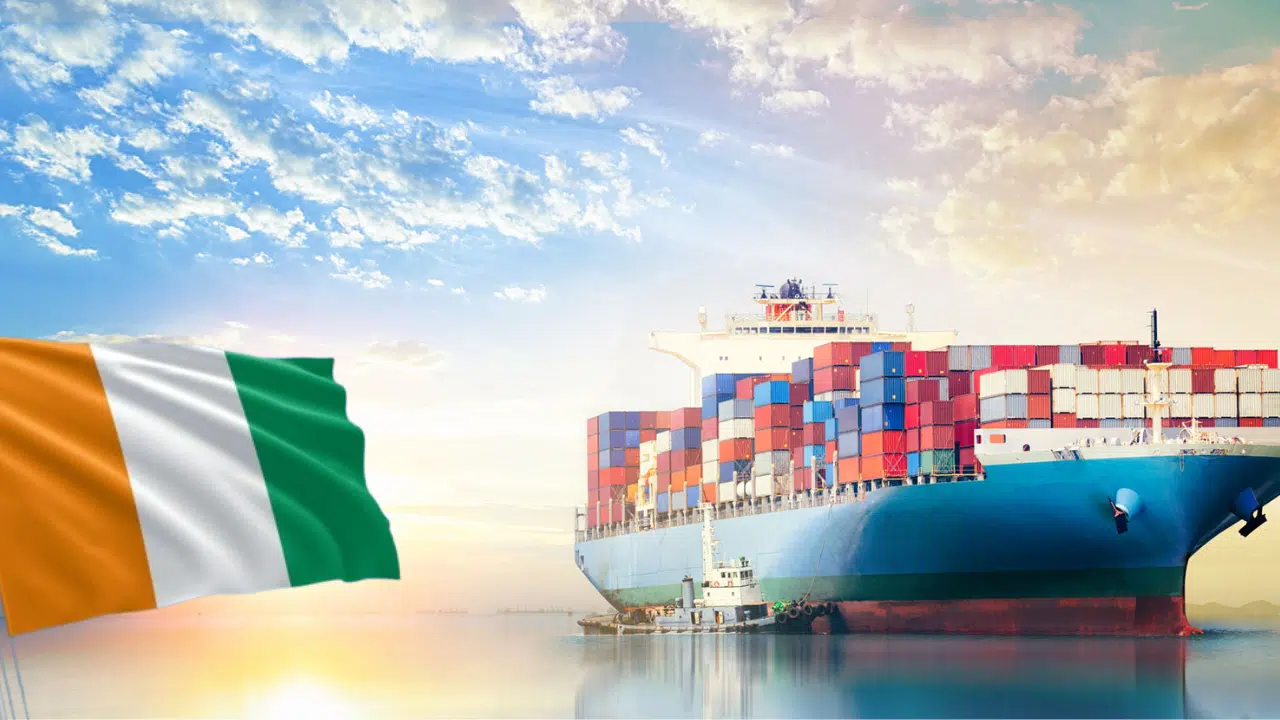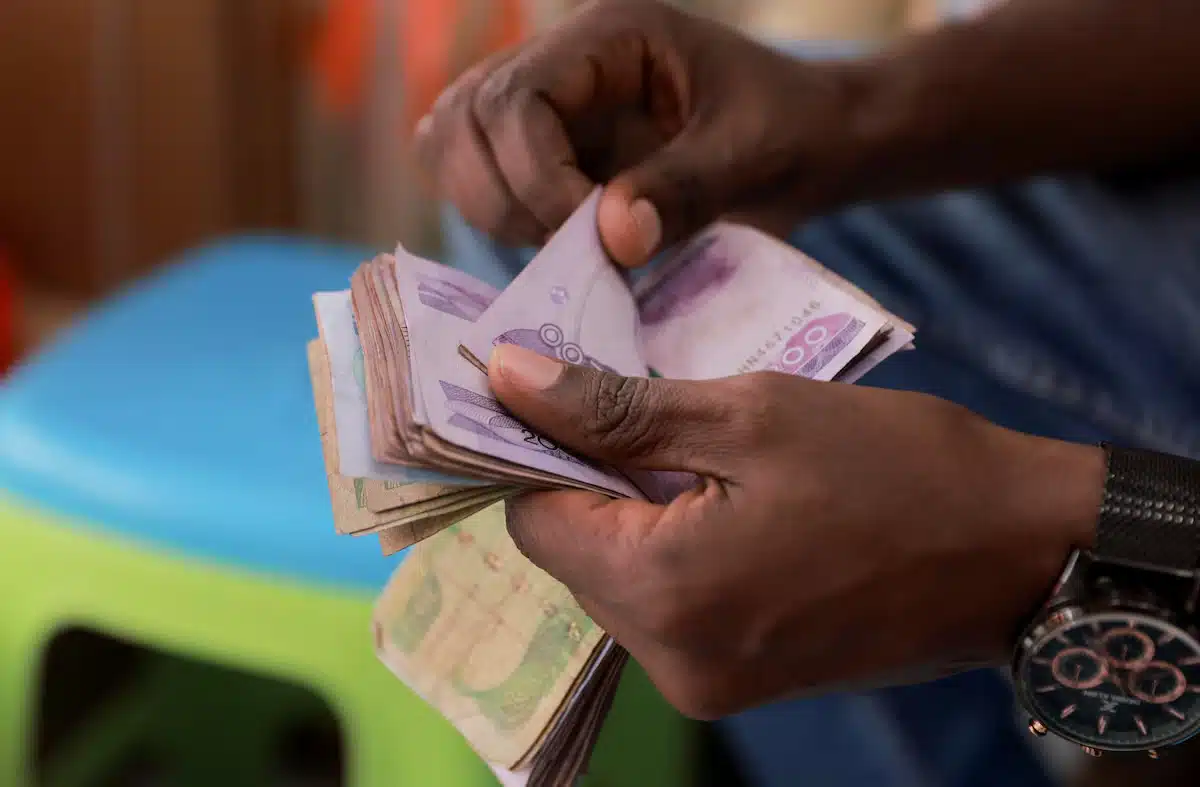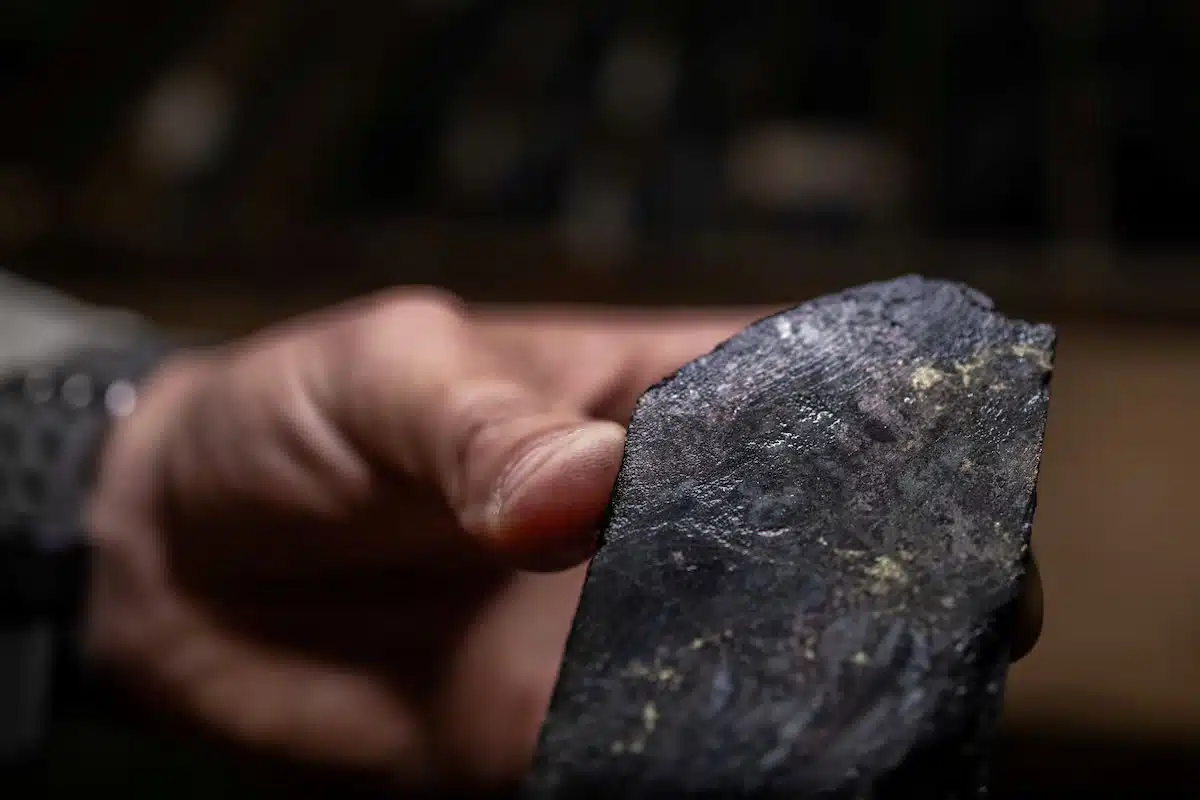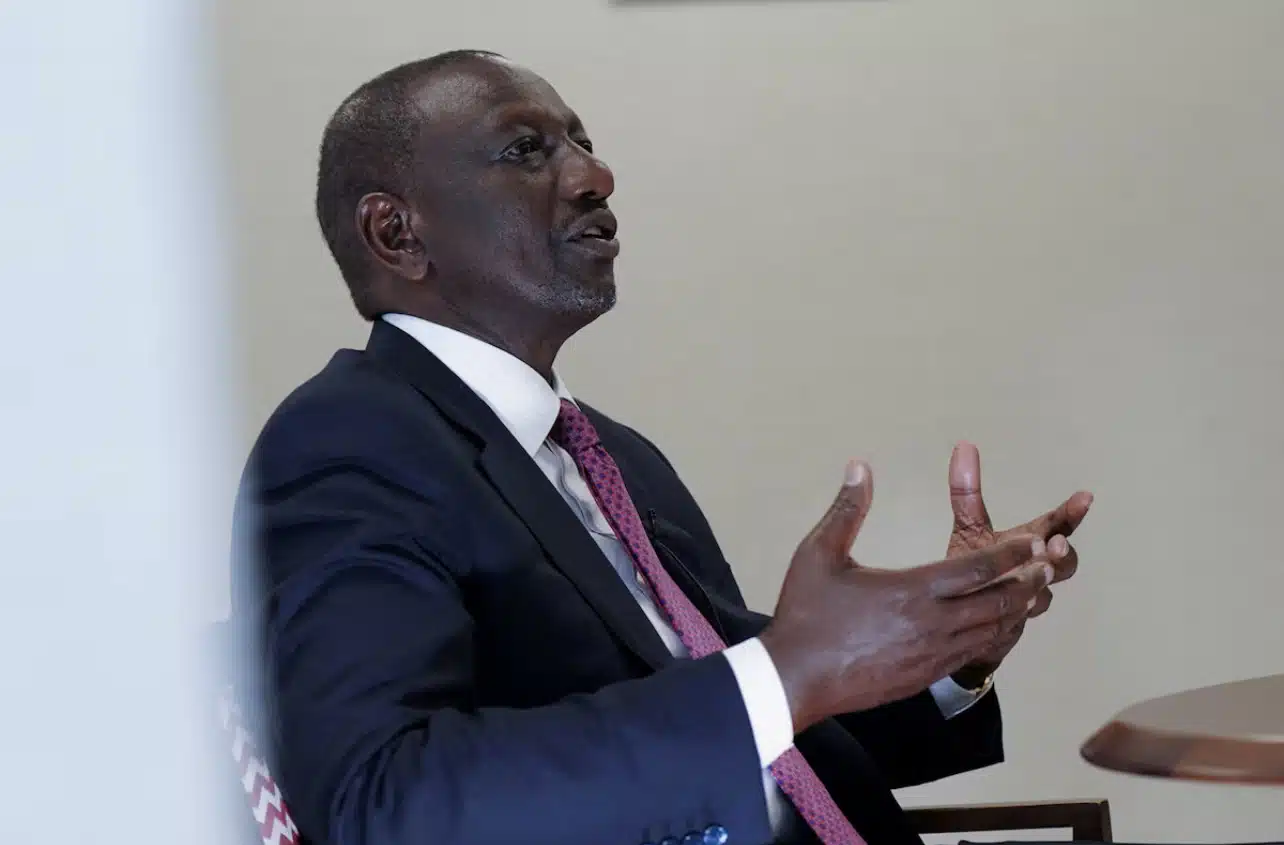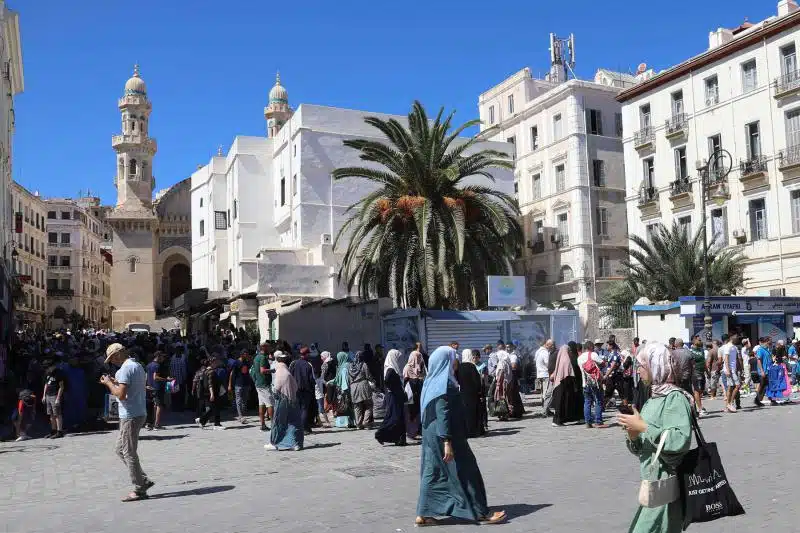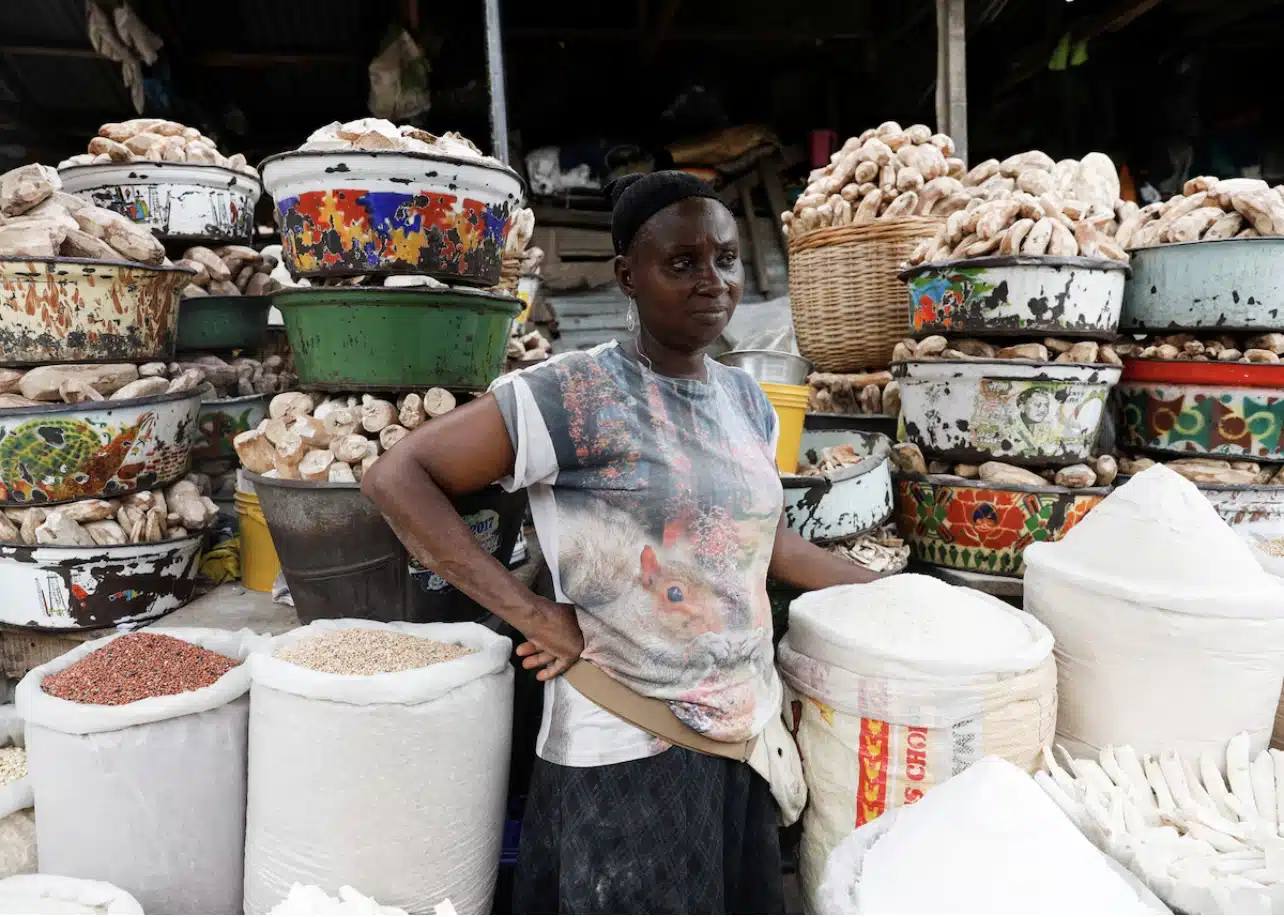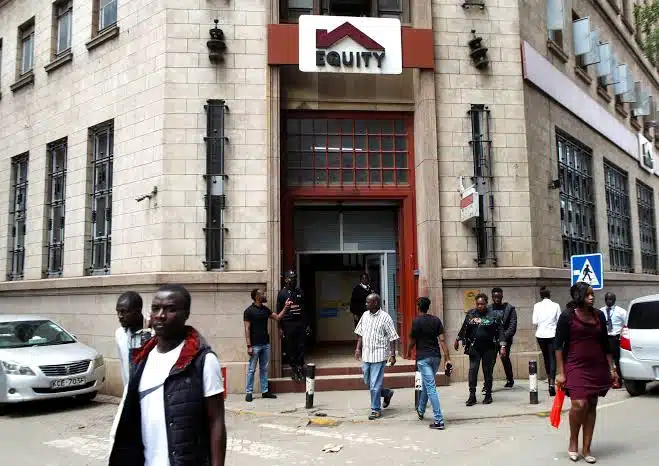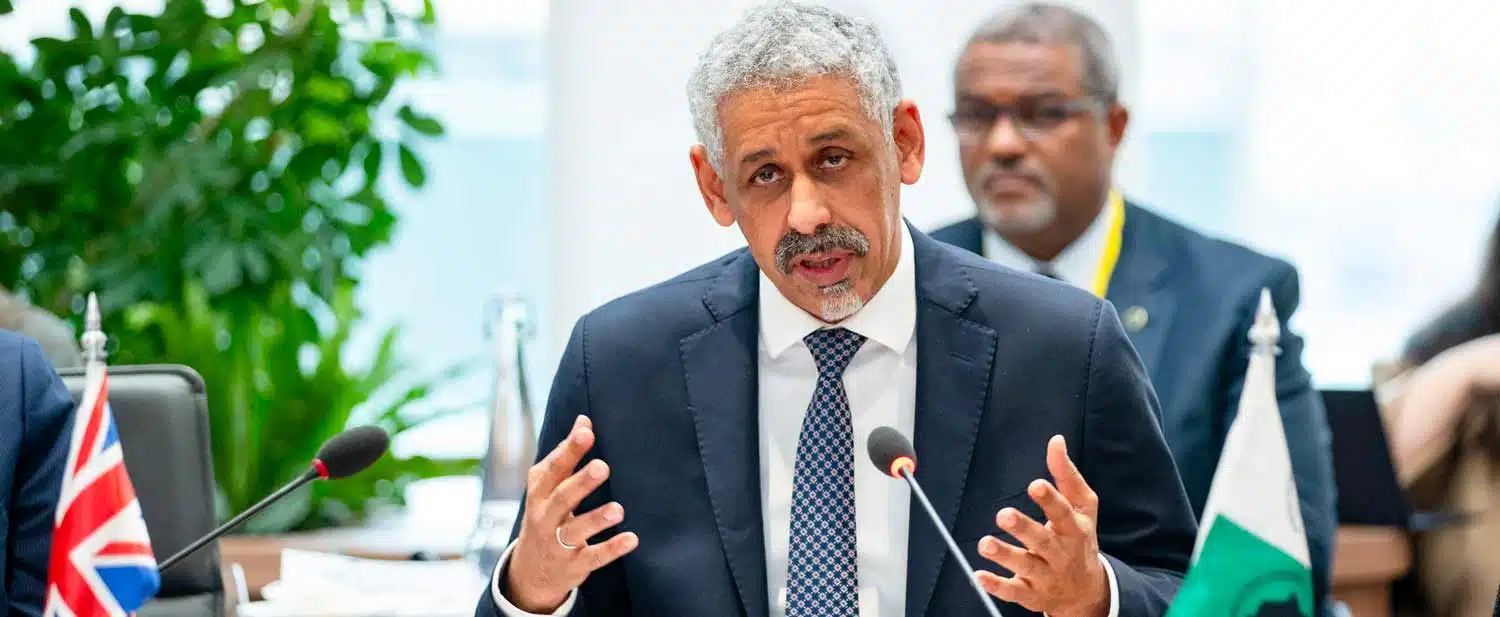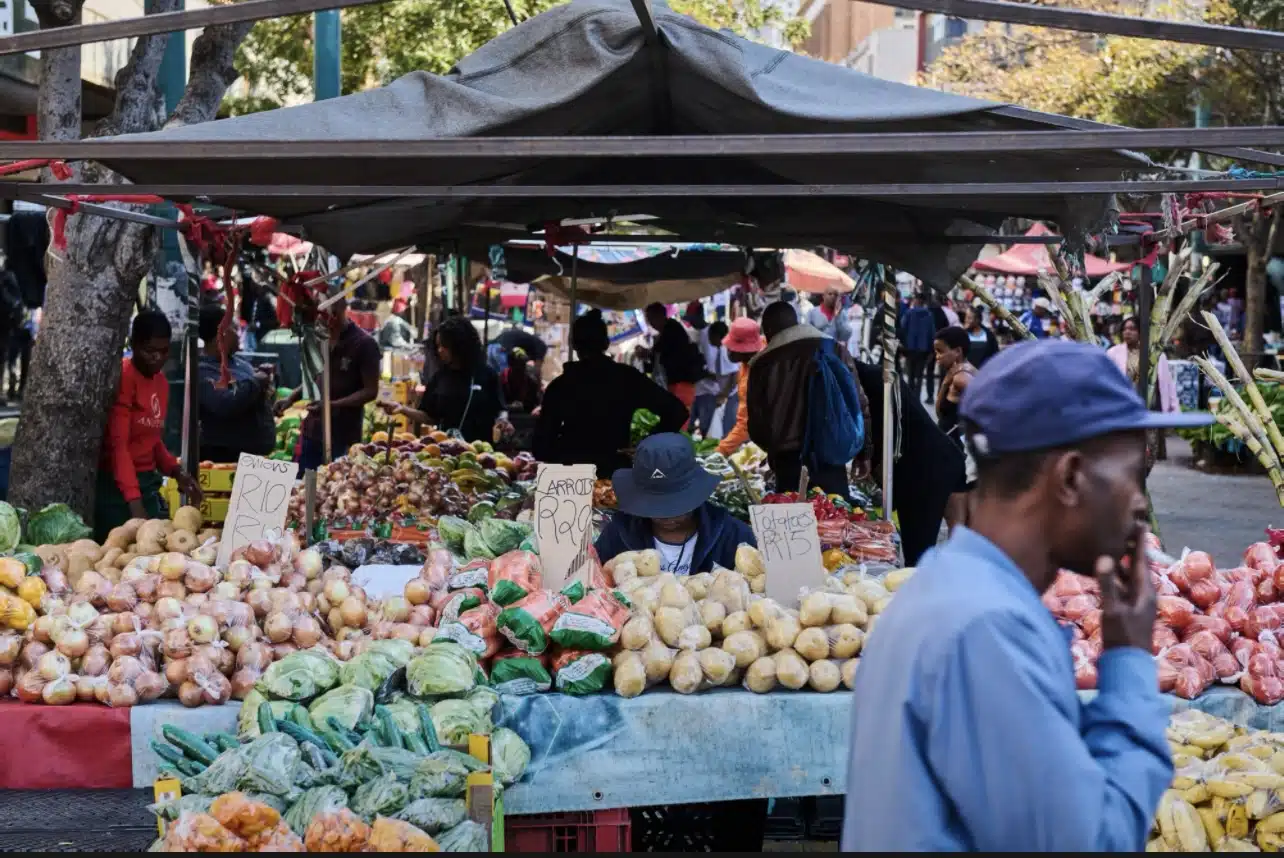Ivory Coast, the world’s leading cocoa producer, is considering measures that could drive up global cocoa prices in response to a proposed 21% tariff on its exports to the United States, the highest among West African nations targeted under Washington’s latest trade measures.
Agriculture minister Kobenan Adjoumani, speaking to reporters in Abidjan on Thursday, urged the U.S. to reconsider its position, warning that any punitive duties on cocoa would ultimately affect American consumers.
“When you tax our product that we export to your country, we will increase the price of cocoa and that will have a repercussion on the price to the consumer,” Adjoumani said.
Although global commodity markets largely determine cocoa prices, Ivory Coast could raise export taxes on its cocoa shipments to increase revenue, a move that would push up costs for buyers, particularly those in the U.S.
Adjoumani did not disclose specific measures but underscored that “it’s the end consumer who will be harmed.”
The tariff threat stems from a wider move by the administration of former U.S. President Donald Trump, who last week unveiled a fresh wave of trade duties on dozens of countries. Ivory Coast – a beneficiary of the African Growth and Opportunity Act, which provides eligible African countries with duty-free access to the U.S. market for thousands of products – was hit with a proposed 21% tariff.
However, in a reversal announced on Wednesday, Trump said the tariffs would be paused for 90 days pending further review.
Ivory Coast ships between 200,000 and 300,000 metric tons of cocoa to the United States annually, according to data from the Coffee and Cocoa Council. In 2024, U.S. goods imports from the country were valued at $1 billion, up 7% from the previous year, data from the U.S. government shows.
Despite the tensions, Ivory Coast’s broader trade picture remains resilient.
According to Afreximbank’s 2024 country brief, the West African nation recorded a substantial trade surplus of $20 billion in 2023—its highest in three years—driven by strong exports of cocoa beans, petroleum products, gold, and natural rubber. These four products account for over 70 percent of the country’s export basket.
The surplus highlights the strength and competitiveness of the country’s export sector, even amid rising protectionism from key trading partners. The U.S. accounted for 5 percent of total exports in 2023, trailing behind China (9.4 percent) and Nigeria (6.8 percent), but remains a critical market given its size and purchasing power.
Adjoumani added that Ivory Coast would deepen trade ties with the European Union as a fallback option, should the U.S. implement the tariffs. “If our products are not accepted in the United States, the EU can recover all of them,” he said.
Still, analysts say shifting trade flows away from the U.S. may not be seamless, as quality standards, logistics, and contractual obligations differ across markets.
With cocoa prices already elevated on global markets due to weather-related supply shocks in West Africa, any additional friction in trade relations could add fresh volatility, with consequences far beyond Ivory Coast’s borders.

